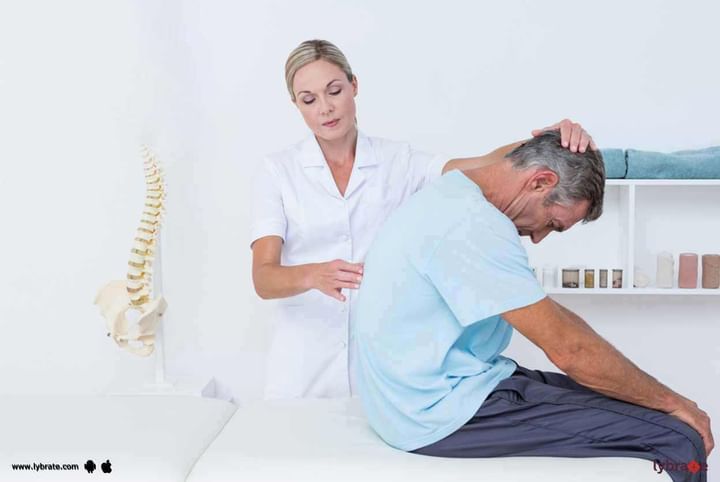Spinal Stenosis - Treating It The Right Way!
What is Spinal Stenosis ?
The narrowing of the gaps in the spine or the backbone is called as Spinal stenosis. This leads to pressure on the nerves and the spinal cord. 5% of cases of spinal stenosis are seen in the low back of the lumbar spine. In some cases the narrowing of the spine leads to the compressing of the nerve root, which leads to pain in the leg.
Causes of Spinal Stenosis
It can be caused by aging, arthritis, trauma to the spine, spondylolisthesis and tumor of the spine
Symptoms of Spinal Stenosis
There is constant pain in the back and legs as stenosis pinches the nerve responsible for sensation and muscle power. Other symptoms are numbness and tingling in the legs, frequent falling and pain while walking.
Treatments of Spinal Stenosis
- A routine program with exercises and physical therapy are the best treatment for spinal stenosis. The exercises are not a complete cure but they are beneficial in keeping the patient active. A physical therapy can be supervised and once the period of the same is over people easily transition to the exercise program. The key for exercise is starting slowly in order to build strength.
- Generally, the patients are counseled not to perform strenuous activities as that might worsen the symptoms of spinal stenosis. In case of lumbar stenosis, patients find it comfortable when they are flexed forward. The doctor might recommend walking while being bent over and leaning when using a walker if not walking upright; sitting in recliners is also recommended instead of straight back chairs.
- Injections of cortisone are usually given in the epidural space. This is believed to relieve the symptoms of spinal stenosis temporarily. Though there have been studies which question the use of these injections as they lead to the risk of osteoporosis related fractures. This is still being pondered over by the doctors as a suitable treatment option as it has its own benefits and risks.
- Medications such as the antiinflammatory medicines like ibuprofen or aspirin are helpful in controlling the symptoms of spinal stenosis. Narcotic drugs might also prove to be helpful if used with care and for a short while. This is helpful for severe pain related to the nerves. Muscle relaxants like gabapentins might also be recommended. In some case anti depressants might also be given to provide relief from pain.
Though side effects are a concern when using these medications and the patient should let the doctor knows about their allergies.



+1.svg)
